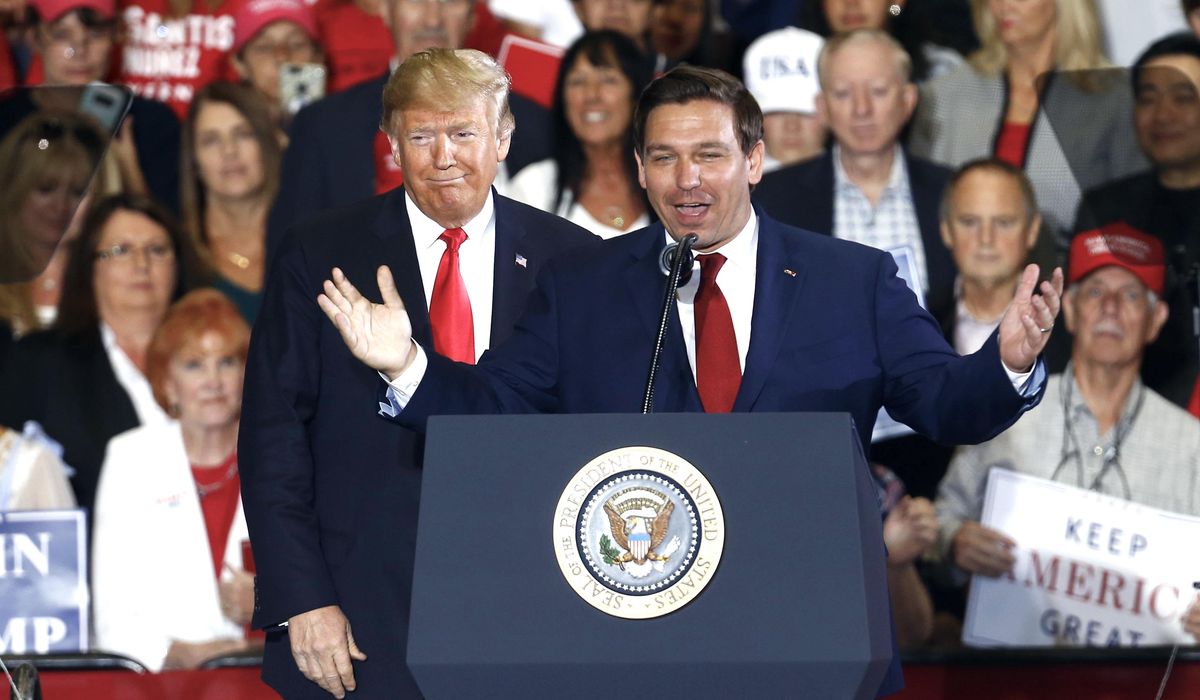U.S. officials emphasized on Tuesday that the recent approval of legislation providing substantial funding for three strategically important Pacific island nations demonstrates America’s firm commitment, particularly amidst concerns of China’s attempts to sway them away from Washington’s influence.
The renewal of funds for the Marshall Islands, the Federated States of Micronesia, and the Republic of Palau—collectively known as the Freely Associated States—had faced delays due to broader Congressional disputes over budget matters, despite enjoying bipartisan support.
Leaders from these islands had warned that prolonged delays could lead to cuts in essential services and could potentially sway public opinion towards investment offers from China.
Palau President Surangel Whipps Jr., who faces an upcoming election, cautioned in a publicized letter in February about China’s attempts to exploit the American delay for its advantage.
Despite the newly approved $7.1 billion aid, spread over 20 years, being relatively small compared to other aid packages under consideration by Congress, it constitutes a significant portion of the budgets of these small island nations, crucial for healthcare, infrastructure, and education.
Taylor Ruggles, the State Department’s senior advisor for the implementation of the Compact of Free Association (COFA), which allocates funds, acknowledged the frustrations faced by the Pacific island nations and expressed shared concerns about the delays.
This renewed commitment comes amidst heightened American diplomatic efforts in the region, especially following the Solomon Islands’ security pact with China in 2022, which raised concerns about China’s increasing influence in the South Pacific.
Ruggles emphasized the importance of the COFA agreement, highlighting its role in supporting security, stability, and prosperity throughout the Indo-Pacific region.
Under the COFA agreement, citizens of these nations enjoy various benefits, including the right to live and work in the U.S., while the U.S. provides postal services, national defense, and utilizes their territories for military purposes.
The Freely Associated States, with a combined population of less than 200,000, have deep historical ties with the U.S. since World War II, but China’s efforts to expand influence and sway loyalties have posed challenges.
Despite financial assistance being a critical aspect of the relationship between the U.S. and the Pacific island nations, Ruggles emphasized that their ties run deeper than mere financial transactions.







